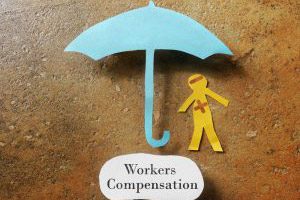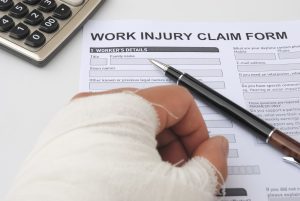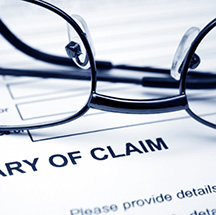
Medical marijuana has been legal in New Jersey since 2010, but most employers and workers’ compensation insurance companies have thus far refused to cover the costs of medical marijuana when prescribed to treat a work-related injury. That practice has been ruled a violation of law by a workers’ compensation administrative law judge, in a ruling handed down in February, 2017.
In the case before the administrative law judge, a worker at a lumber company sustained an injury to his hand, and experienced ongoing pain. His doctor prescribed medical marijuana and the man filled the prescription at a state-authorized dispensary. His employer and the employer’s workers’ compensation insurance provider refused to reimburse him for the costs of the drug, so he stopped using medical marijuana and started using Percocet, which he claimed was less effective and had undesirable side-effects. He then brought legal action against his employer and the workers’ compensation insurer, asking for reimbursement of past expenses, as well as a ruling that all future prescription costs would be covered by workers’ compensation.
After hearing evidence from both parties, the judge concluded that the expense of the medical marijuana should have been reimbursed, as it was for prescription medication that was legally dispensed in New Jersey. Citing evidence that indicated that the medical marijuana was not “as debilitating” as the other medications the injured man had substituted, and that the medical marijuana had successfully treated his condition, the administrative law judge also ordered the workers’ compensation insurer to cover all future prescriptions for state-sanctioned medical marijuana.
Contact Us
At Taylor & Boguski, we bring more than 70 years of combined legal experience to injured workers throughout New Jersey. For a free initial consultation, contact our office online or call us at 856-200-8989.
We handle all workers’ compensation claims on a contingency basis. We won’t charge you attorney fees if we don’t recover compensation for your losses.










